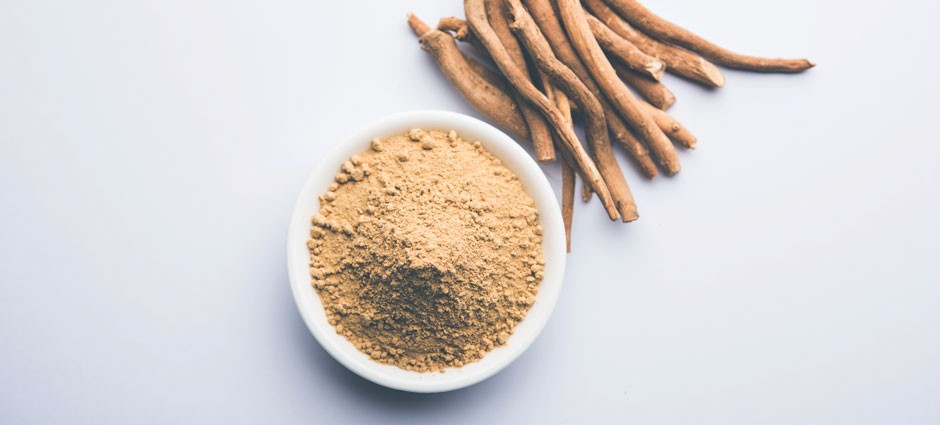What is ashwagandha?
Native to India, the root of this plant has been used for thousands of years in Ayurvedic medicine. It’s considered an adaptogen, a natural substance that can return the body to a neutral state during times of stress. Ashwagandha is a member of the nightshade family and is also called Indian ginseng.
Use it for
Ashwagandha is taken to combat stress and anxiety, enhance mood, strengthen the immune system, stimulate thyroid production, manage blood sugar levels, improve endurance, and increase libido and sperm quality.
The science of ashwagandha
Large, definitive human studies of ashwagandha’s effects are rare, but numerous smaller studies back up millennia of anecdotal evidence. A review in the Journal of Alternative and Complementary Medicine (JACM) cited five human studies that showed effectiveness against stress and anxiety, as did another study published in PLOS One. Other research published in JACM found that ashwagandha root extract boosted thyroid hormones. Multiple animal studies suggest the herb may regulate blood sugar and decrease insulin resistance.
How to take it
Ashwagandha is most common in extract form, but powder, capsules and even tea are also available. According to the Natural Medicines database, taking 300 mg of ashwagandha root extract twice a day after eating for 60 days may reduce stress symptoms. Do not take if pregnant or breastfeeding; some evidence suggests it could cause miscarriage. The herb can also interact with certain medications, so consult with your doctor first.
What’s that smell?
Ashwagandha derives its name from the Sanskrit words for “smell of a horse”—and for good reason. Its strong aroma is one reason it’s usually consumed in supplement form versus food.


 Try:
Try: 